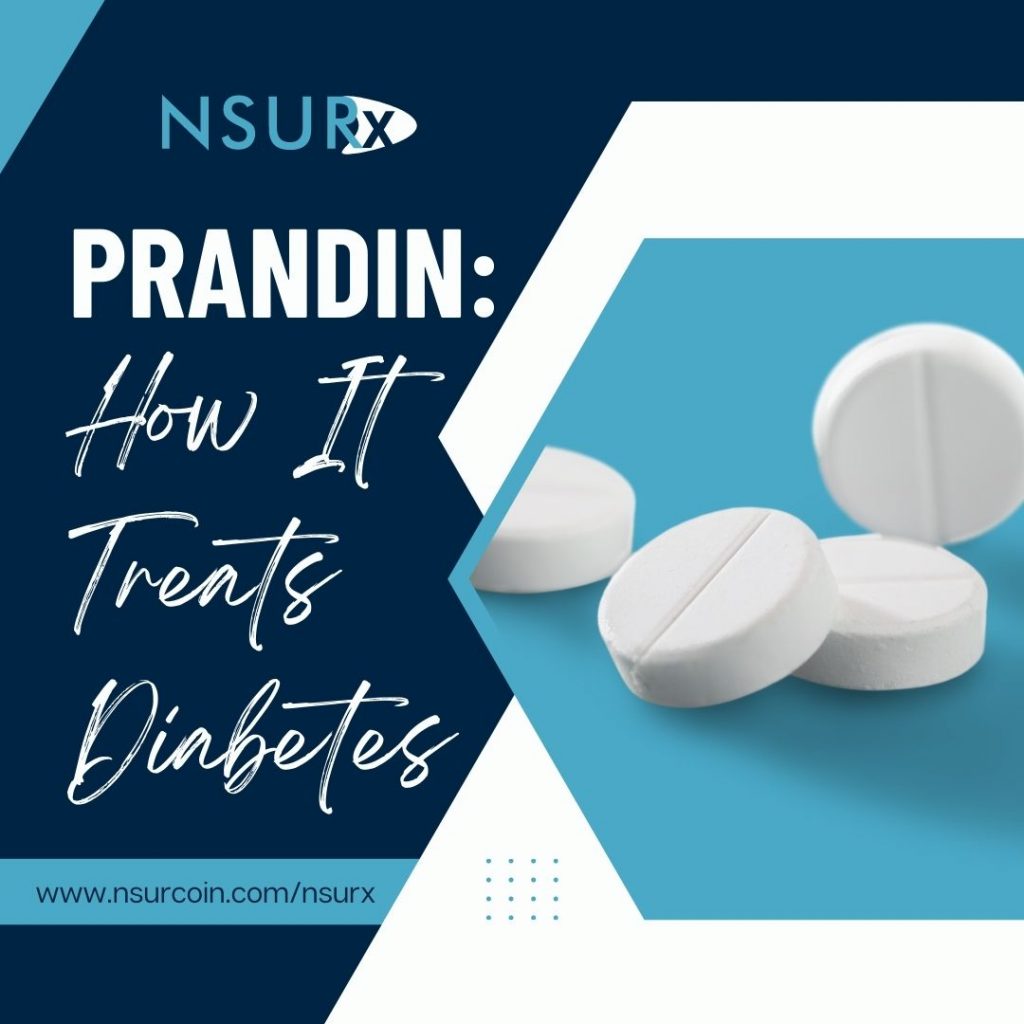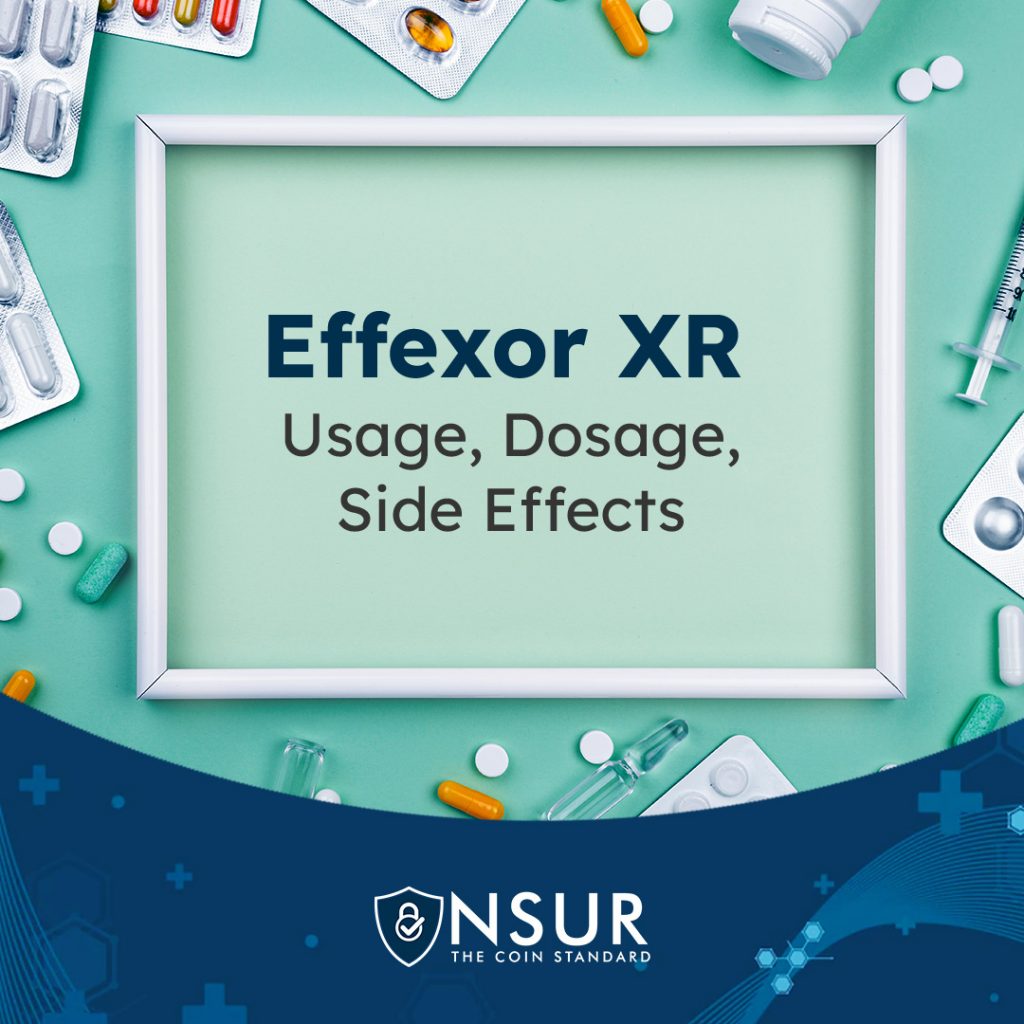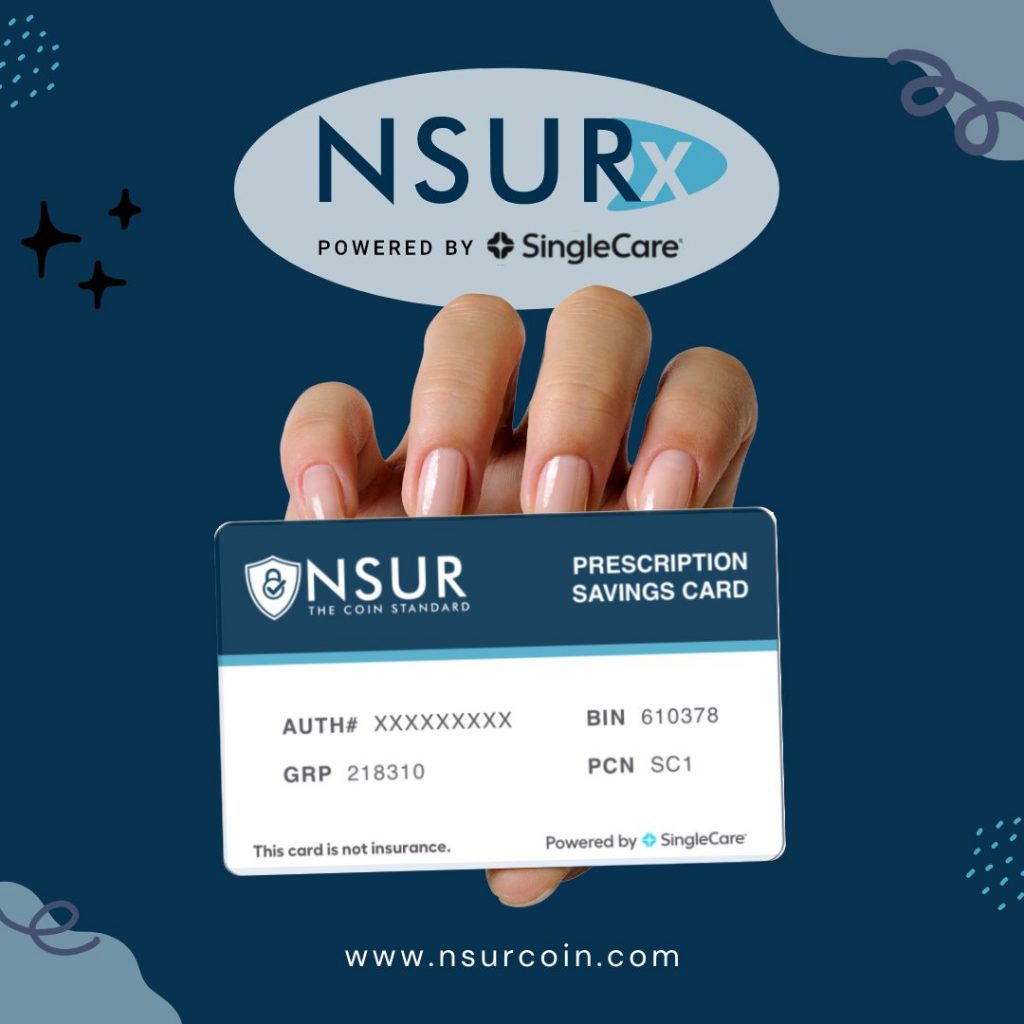
In our pursuit to manage pain and anxiety, the medical world has constantly explored innovative avenues. One such path has led us to Pregabalin, a medication known for its efficacy in treating both conditions. Let’s delve into how Pregabalin works, its applications, and the caution one must employ when using it.
What is Pregabalin?
Pregabalin, marketed under the brand name Lyrica among others, is an anticonvulsant and anxiolytic drug. Originally designed to treat epilepsy, it’s often prescribed to alleviate neuropathic pain, fibromyalgia pain, and generalized anxiety disorder (GAD) 1.
How Does It Work?
Pregabalin works by modulating the activity of certain neurotransmitters in the brain, particularly the alpha-2-delta protein, which is a subunit of voltage-dependent calcium channels. By binding to this protein, Pregabalin reduces the release of excitatory neurotransmitters, resulting in decreased neuronal excitability. This can reduce pain signals from damaged nerves and produce calming effects that can help manage anxiety 2.
Applications of Pregabalin:
- Neuropathic Pain: Chronic pain resulting from nerve damage can be quite distressing. Pregabalin has demonstrated potential in alleviating such pain, particularly diabetic neuropathy and postherpetic neuralgia 3.
- Fibromyalgia: This disorder, characterized by widespread musculoskeletal pain, has found a potential ally in Pregabalin, which helps in reducing the pain and improving sleep 4.
- Generalized Anxiety Disorder (GAD): Pregabalin’s action on neurotransmitters also provides a relief avenue for those with GAD. Studies have shown it to be effective as both monotherapy and in combination with other treatments 5.
Precautions and Potential Side Effects:
Like any other medication, Pregabalin isn’t free from side effects. Common side effects include dizziness, sleepiness, blurred vision, weight gain, and peripheral edema. It’s also crucial to understand that abrupt discontinuation can lead to withdrawal symptoms. Hence, it’s always advised to consult with a healthcare provider when starting or stopping Pregabalin.
Pregabalin has the potential for misuse or abuse, especially in those with a history of substance use disorders. This emphasizes the need for proper patient education and monitoring 6.
Take advantage of NSURx for your prescription drugs!
With the NSURx Prescription Benefit Card, you can save money on your medications at more than 35,000 pharmacies across the United States.
You can save up to 80% on your medication by using an NSURx card. Hundreds of dollars in savings could be yours every time you fill out your prescription.
The more you shop with NSURx, the more NSUR Coins you will receive as a reward.
In Conclusion:
While Pregabalin offers a promising approach to managing pain and anxiety, it’s not a one-size-fits-all solution. Proper consultation with a healthcare provider, considering an individual’s health history, and other concurrent medications, is paramount.
As our understanding of pain and anxiety continues to evolve, medications like Pregabalin play a pivotal role in broadening our treatment horizons, always reminding us of the importance of personalized patient care.
- FDA: Information about Pregabalin ↩
- Mechanism of action of Pregabalin: The New Pharmacotherapy for Neuropathic Pain ↩
- Neuropathic Pain: A Comprehensive Review ↩
- Efficacy of Pregabalin in Fibromyalgia: A Mixed-Methods Study ↩
- Pregabalin for the Treatment of Generalized Anxiety Disorder ↩
- Potential Risks and Benefits of Pregabalin Use ↩
Disclaimer
This blog post is intended for informational purposes only and should not be considered a substitute for professional medical advice. Always consult with a qualified healthcare provider for personalized recommendations and guidance.











